Description
Risk Rules – A Practical Guide to Structured Professional Judgment and Violence Prevention
Assessing risk of future violence is an issue of perennial public concern. The field of violence risk management was born in a 1977 article by psychologist Peter Duncan Scott, who combined science with experience to lay the foundation for accurate clinical judgement as to an individual’s likelihood of future violence. Scott pointed to certain variables that were likely to predict future violence and others that, contrary to popular belief, were not. More than forty years on the field has blossomed, with a host of books, papers, instruments and specialist tools designed to aid clinicians in assessing children, sex offenders, prisoners, terrorists and more. Yet while academics may applaud this rapid accumulation of scholarship, real-world uptake of new ideas and information has often been less than ideal. Risk Rules – A Practical Guide to Structured Professional Judgment and Violence Prevention cuts through this complexity, offering a short, readable ‘primer’ that will give students, trainees and those working in the field a clear, contemporary overview of key principles and practices.
You may also be interested in Non-violent Resistance Programme
Audience
Structured Professional Judgment of Violence Risk will be useful to professionals and trainees in mental health and addiction services, forensic programs, and correctional institutions. It will also benefit students on courses in forensic psychology and psychiatry, lawyers, judges and parole workers.
Details
ISBN: 978-1-912755-24-0
Publication: May 2019
Provisional Chapters:
Introduction: How Peter Scott and fellow luminaries shaped the foundations of modern risk assessment (Editors & Johann Brink)
2. The law, the decision maker and the expert (Richard Schneider)
3. Mental disorders and violence (Sheilagh Hodgins)
4. Assessing psychopathic personality disorder (David J Cooke)
5. The Adverse Role of Trauma (Hy Bloom)
6. The enduring presence of bias in forensic risk assessments
7. Why is it so difficult to achieve accuracy in predictions of violence (Chris Webster & Quazi Haque)
8. Actuarial approaches to prediction (Chris Webster & Quazi Haque)
9. Violence risk assessment and management (Stephen Hart & Kevin Douglas)
10. The necessity of serial measurement (Harry Kennedy)
11. An introduction to the HCR-20V3 (Quazi Haque & Chris Webster)
12. Implementing PSJ schemes – from manual to day-to-day practice (Chris Webster & Sumeeta Chatterjee)
13. From false starts to the real START (Mary Lou-Martin);
14. Principles for violence risk assessment with perpetrators of intimate partner violence (Randall Kropp)
15. SPJ and sexual violence risk (Caroline Logan)
16. Intellectual disability and violence (Beate Eusterschulte)
17. The Influence of Gender (Tonia Nicholls)
18. Ethical and practical concerns regarding Aboriginal offenders (Douglas Boer)
19. Assessing risk for group-based violence (Steve Hart & Kevin Douglas)
20. Recovery (Alexander Simpson)
21. Patients as partners (Quazi Haque)
22. The role of social work and allied professions (Joanne Eaves-Thalken)
23. Implementation (Rüdiger Müller-Isberner)
24. Risk in real time (Stephanie Penney)
25. Early assessment of risks – SNAP (Leena Augimeri)
26. The Cambridge Study in Delinquent Development (David Farrington)
27. The National Trajectory Project (Anne Crocker)
Editors
Derek Eaves (1942-2017) was a prominent forensic psychologist who emigrated from the UK to Canada in 1973. In 2000 he founded the International Association for Forensic Mental Health Services, the leading organisation in its field, along with its prestigious journal.
Chris Webster is the author of several books and instruments in the field of violence risk. He is Professor Emeritus of Psychology at Simon Fraser University, and Professor Emeritus of Psychiatry at the University of Toronto.
Quazi Haque is Executive Medical Director of Elysium Healthcare, UK, and Chair of the RCP Forensic Quality Network. He has held senior positions at HMP Belmarsh, the Home Office, SLAM NHS Trust and the Priory Group.
Joanne Eaves-Thalken is the daughter of Derek Eaves. She trained in social work and is based at Burnaby Hospital near Vancouver.

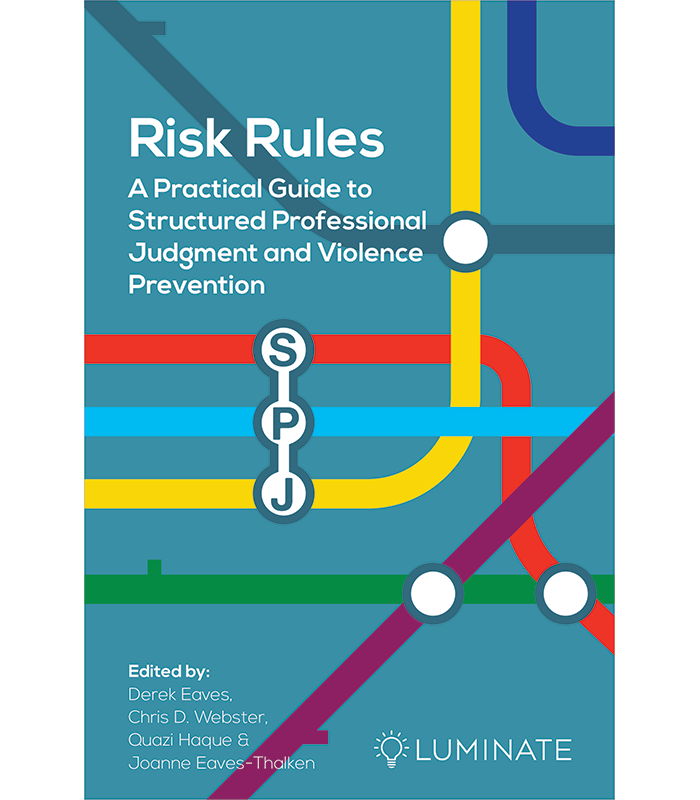
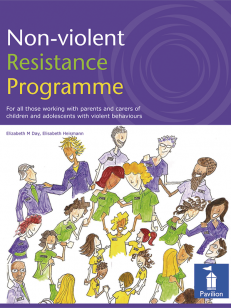
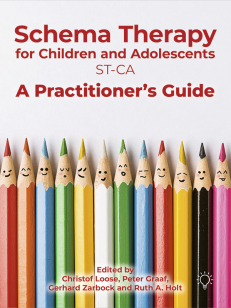
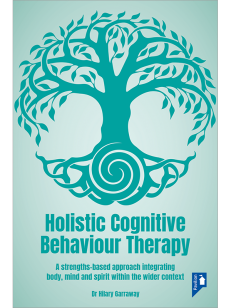
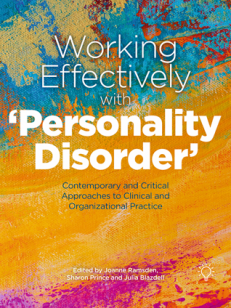

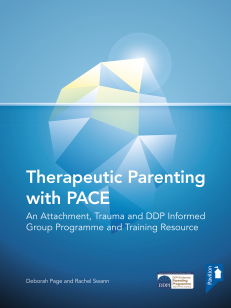
Reviews
There are no reviews yet.